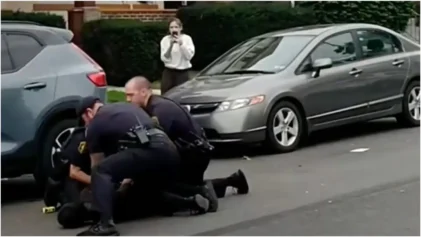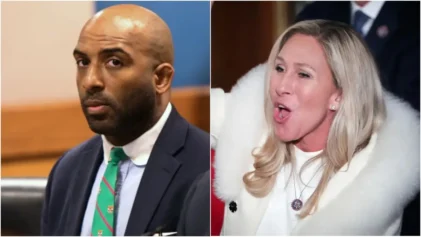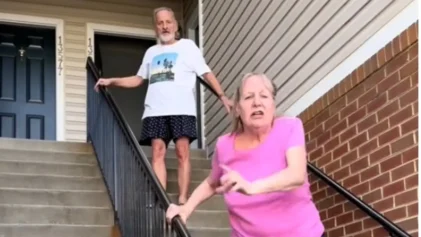A new study sponsored by LIMRA and Life Happens shows that Black Americans are more likely than any other racial group in the United States to have life insurance coverage, and that the rate of coverage ticked upward amid the pandemic and the disparate impact the virus had on the Black community.
According to findings from the 2021 Insurance Barometer Study, 56 percent of Black Americans have life insurance, a figure that sits at four percentage points higher than that of the general population. The increase in coverage among the Black community also increased by three percentage points between 2020 and 2021.

But although life insurance coverage rates are on the rise for Black Americans, according to David Levenson, president and CEO of the insurance trade association LL Global, the study reveals a persistent gap in coverage.
“While our research shows that Black Americans are more likely to own life insurance than any other race, the reality is 46% — 20 million adults — say they need (or need more) life insurance coverage, which identifies a significant coverage gap,” said Levenson. “It is up to our industry to help these individuals get the coverage they need to protect their families’ financial security.”
According to the insurance information institute, life insurance policies provide a variety of benefits, including replacing income in the case of the loss of a wage earner, paying final expenses, including funeral and burial costs, and leaving an inheritance for an individual’s heirs.
PBS reported in March that cremation rates in Black and Latino communities rose during the pandemic amid rising funeral costs. Herbert Johnson, owner of Professional Funeral Services, based in New Orleans said, “Money is tight. People are out of work or can’t work, whether they’re just furloughed or unemployed,” adding, “You may have an unexpected death or, in some cases, multiple deaths in the same family.”
As of 2021, the average cost of a funeral can range between $7,000 and $12,000, including viewing and burial, basic service fees, transporting remains to a funeral home, a casket, embalming, and other preparations. In comparison cremation costs around $2,000 or closer to $5,000 including embalming, viewing, and a ceremony.
FEMA announced this week that it has provided over $710 million to more than 107,000 people to help cover COVID-19-related funeral costs.
According to the LIMRA study, which surveyed 3,007 U.S. adults, including 346 Black U.S. adults, 75 percent of the Black respondents believe they need life insurance, meaning there is a 19-point gap between those who are covered and that that would like to be. According to the study, misconceptions about the cost of life insurance play a role in the persistence of the gap.
About 75 percent of Black respondents overestimated the cost of life insurance, compared against half of the general population. Black Americans were also more likely to incorrectly believe that life insurance is only for funeral and burial expenses, with 66 percent saying that was their reason for being covered while 48 percent of the general population said the same.
Black Americans were also more likely to be concerned with covering expenses like monthly bills, medical costs, and saving for an emergency fund and retirement than the general population.
“The prevalence of these concerns, coupled with the disproportionate impact of COVID-19 on Black Americans, are driving forces behind their likelihood to buy life insurance in the next year,” noted Levenson. “Our research shows 6 in 10 Black Americans plan to purchase life insurance within the next year, which is much higher than the national average (36%).”
Speaking to CNN, Stephanie Harris of Detroit, who calls herself “The Insurance Lady,” explained, “Life insurance can be the financial security for our future and our children’s children, because the quickest form of transferring wealth is life insurance.”


